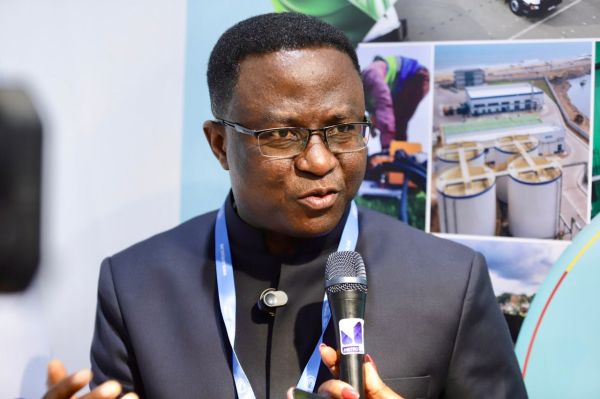At a 29th Conference of Parties (COP29) of the United Nations Framework Convention on Climate (UNFCCC) side event panel discussion on November 14, 2024, he highlighted capacity building's crucial role in carbon financing for developmental projects, during the session "New World of Carbon Markets: The Potential of Existing Infrastructure and Impact of Investments in the Green Economy.""Developing capacities in both the private and public sectors is essential for understanding which projects attract carbon financing," he noted.He cautioned that "if that is not done, it becomes a matter of just talking about climate change without knowing what it takes to commercialise these activities to attract capital."The COP29 opened in Baku, Azerbaijan, on Monday, November 11, 2024, with a pressing call for world leaders to agree on an ambitious new global climate finance goal.The two-week COP29 conference (11-22 November, 2024,) will focus on several key thematic areas, including the World Leaders Climate Action Summit, finance, investment and trade, energy and peace, relief and recovery, and science, technology and innovation.Mr.
Gyimah used the opportunity to share Jospong Group's success story, securing $20 million from the Swiss Government through the support of the Ghanaian Government. "This was made possible through a combination of technical expertise from scientists together with sustainable finance experts to do the calculation from carbon emission sums and then to convert it into a financial model to say that if I am able to remediate this number of CO2, it corresponds to this sum of dollars," he explained.He also highlighted the importance of capacity building in project finance, data collection, and technology integration. "These capacities are yet to be built, so for Ghana to really reach that apex to attract capital, it is very important that we build the capacities of people to understand project finance, actual documentation, and the data houses that we need to build to have data sources to prove this work we are doing is very important," he said.Mr.
Gyimah underscored the role of technology, such as AI, in simulating data and optimising waste management. "All of these are data-driven; if you mention that you are going to remediate 1.5 metric tons of CO2 and this amount of tons of waste, I need to have data to prove it."On waste segregation, he noted, "Waste segregation starts at the source, and there is a need for separate bins." He suggested policy initiatives, such as subsidised bins or buyback programmes, to encourage proper segregation.Jospong's innovative approaches, he said, included waste segregation, recycling, organic fertiliser production, and transfer loading stations. "Those investments that we made closer to the people help us to be able to aggregate the waste and with that, we are able to have a first line of treatment which helps in the type of waste that goes to the recovery plant for recycling."Mr.
Gyimah concluded, "Individuals, governments, and private sectors must work together to reduce carbon emissions.

